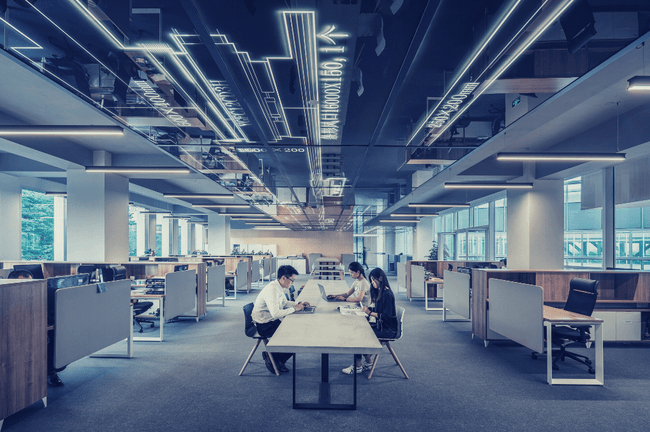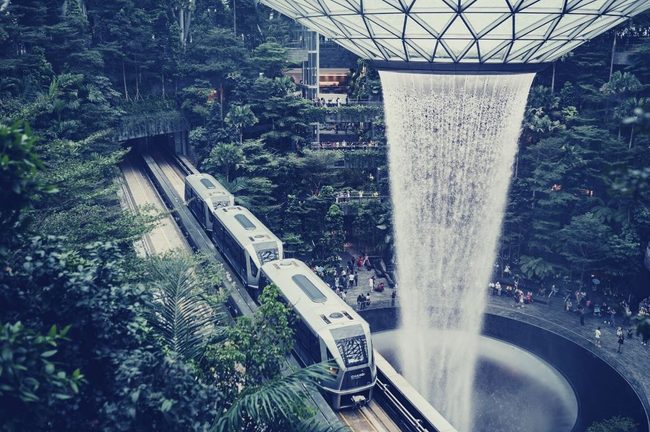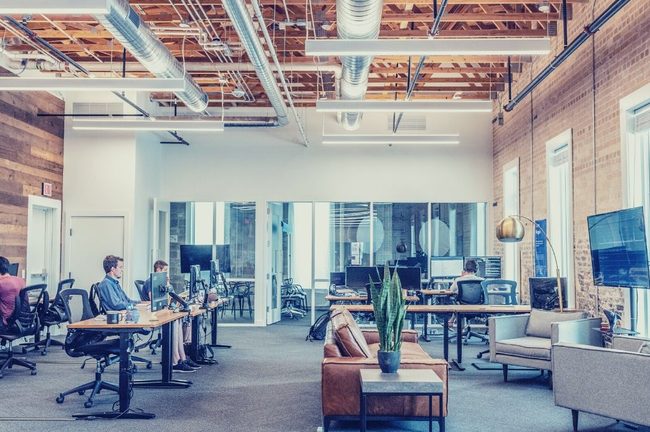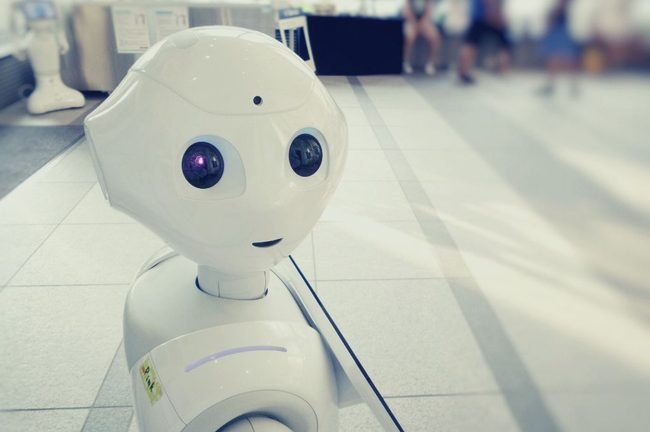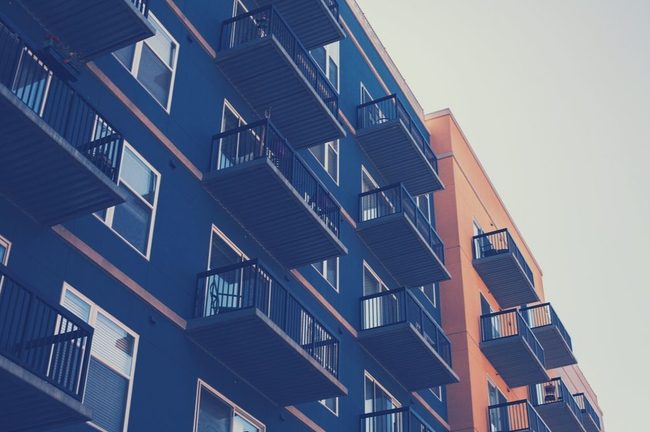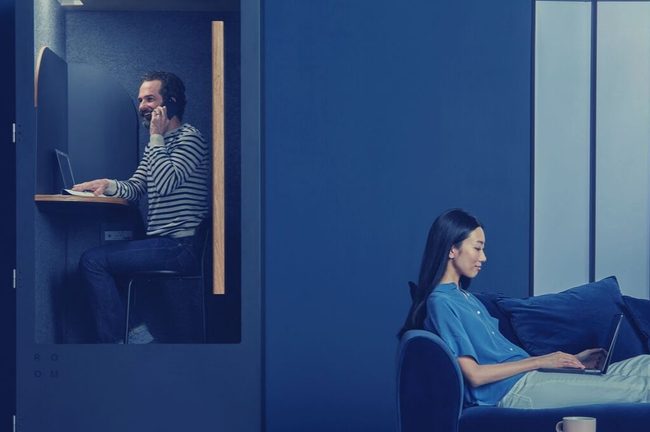Society
New generations ask for new solutions.
Understand the needs arising from demographic change.
-
Categories: Technology
How Businesses Can Help to Achieve the UN Sustainable Development Goals
For businesses to truly succeed, they must invest in sustainable development and for the Sustainable Development Goals to succeed, business will be the lynchpin of success
-
Categories: Society
#AccessForTheFuture: Why We Are Joining the UN’s Decade of Action in 2020
Humanity is facing a myriad of exceptional problems. Climate scientists, demographers, and development economists have long alerted the world about them: With the rising temperatures already affecting vulnerable communities, climate change is the single biggest challenge threat to sustainable development.
-
Categories: Architecture
These 5 Trends Will Dominate Office Design in 2020
The rise of remote work, also known as telecommuting, is unstoppable and inevitable. In the United States alone, the number of remote workers skyrocketed by 159 percent between 2005 and 2017. In the meantime, by now, millennials are the largest working group in many parts of the world.
-
Categories: Architecture
Singapore Changi: A Peek Inside the World’s Best Airport
The rain cascades through the oculus in the middle of a giant dorm. People walk up a spiraling forest, which's trees keep changing colors with undulating lights. Among the living plants like palms, fig-trees, orchids, and anthurium, a robot glides on the floor to regulate the traffic. This scene isn't from a science fiction movie, but a regular occurrence at Singapore's Changi Airport.
-
Categories: Society
The Office Building of the Future
In the last decades, the world of work went through dramatic changes. Remote working, digital communication, and flexible hours make for an unprecedented modern workplace. At first blush, these developments might seem like they're making office buildings irrelevant.
-
Categories: Technology
Tokyo Prepares for 2020 Olympics to Become a Lean, Mean Smart City Machine
Tech-powered Tokyo is already the world's most innovative city. However, as the city is diving even deeper into upgrading its tech game in preparation for the Tokyo 2020, the Japanese capital may soon be even more futuristic.
-
Categories: Security
What happens to ATMs when we all pay with our phones?
Contrary to popular belief, ATMs are not going the way of the dinosaurs–at least, not anytime soon. They remain extremely popular: Over $400,000 in cash withdrawals are made every second from 3.2 million ATMs around the world—that's 17 percent of global GDP.
-
Categories: Security
Flexible Future: Access Control for Coworking Spaces
The future of work is flexible: A third of the workforce in the US is now freelance. Many companies, including larger ones, are opening their doors to an alternative workforce composed of contractors, freelancers, gig workers, and crowd workers because of their ability to enhance organizational performance.
-
Categories: Society
Managing Access to Short-Term Rentals Like a Pro
The sharing economy has shifted society's mind-set from ownership to access, disrupting every possible industry imaginable. And no more is this disruption evident than in the short-term accommodations sector. In 2018 alone, Airbnb had more than 5 million listings in 191 countries and 400 million cumulative guest arrivals.
-
Categories: Security
Three Technologies That Will Facilitate Multifamily Living Space Management
Today, approximately one in three Americans rent. Demand for apartments and multifamily living spaces is at an all-time high. Last year, the multifamily market saw dramatic growth, with a 15 percent jump in apartment transactions totaling nearly $168 billion.
-
Categories: Architecture
Private Yet Safe: Designing an Open-Plan Office
Workplaces have evolved from cubicles and private offices to open-plan layouts and shared spaces. Many workers feel cubicles and closed-door offices have been a hindrance to collaboration, so breaking walls down was a natural next step to make way for open-plan offices.
-
Categories: Security
Accessing the Future: How a Catalan High School Manages Entrances
La Salle Bonanova is a large prestigious private high school on the outskirts of Barcelona at the foot of the Tibidabo mountain. A new comprehensive and flexible access management system has recently brought peace of mind for students, teachers, and parents.



